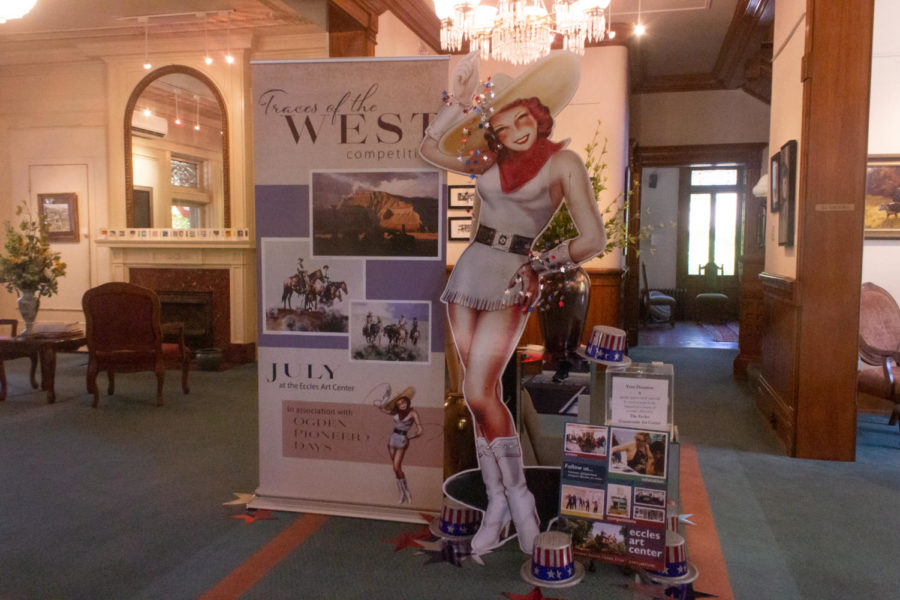The troubled history of Utah’s Pioneer Day
Every year on July 24, Utah observes the holiday of Pioneer Day, which pays homage to the pioneers who emigrated to the Salt Lake Valley in 1847.
Today, the holiday is celebrated with rodeos, fireworks, parades and more. This year’s Ogden Pioneer Day Parade will take place on July 25 on Washington Boulevard from 30th to 20th street starting at 9 a.m. Later in the evening at 7:30, the annual Pioneer Day Rodeo will be held at the Ogden Pioneer Stadium.
For more information about the Ogden celebrations, visit https://www.ogdenpioneerdays.com/events-activities/schedule-of-events/.
Salt Lake City also has events relating to Pioneer Day throughout the week. The Days of ‘47 Parade will be held on July 23 at 9 a.m. in downtown Salt Lake City. The Days of ‘47 Rodeo will take place July 20-23 and 25 at the Utah State Fair Park.
For more information about Salt Lake City Pioneer Day activities, visit https://www.daysof47.com/.
It’s debated whether or not Pioneer Day has a positive or negative effect on Utahns. Does the holiday positively represent settlers or negatively impact those affected by stolen land?
In the year 1847, pioneers of the Church of Jesus Christ of Latter-day Saints finished their trek across the Midwest into Salt Lake, making them the first white settlers in the valley. Pioneers were directed by their church president Brigham Young to make the journey from Illinois to Utah.
Church members were cast out and discouraged from all other settling points; president Brigham Young felt it was best for his followers to change their location of settlement to the region of Utah. Young proposed this was “the place,” the place to end religious persecution.
At their time of arrival in 1847, the state of Utah belonged to Mexico. In 1848, the United States won the Mexican War, which granted what is now considered the American West to the U.S.
Prior to the pioneers’ arrival, multiple Native American groups like the Soshone, Ute and the Southern Paiute inhabited what is now considered southern Utah.
As the pioneers began to arrive in Utah, they started claiming land and farming, which had major impacts on both settlers and Native Americans.
Tensions over land ownership led to many disagreements and troubles for both the Native Americans and settlers.
In 1849, a Native American man named Old Bishop was killed by three white men when he refused to give one of them the shirt he was wearing.
“To forget the past does a great disservice to the present. The nuances of LDS-Native American relations are not dead in the past,” Elise Scott, opinion writer for the Daily Utah Chronicle, said. “They set the stage for the relationships of today, and there is a clear indication that aspects of the unsavory past continue to rot in the cellars inside of us.”










